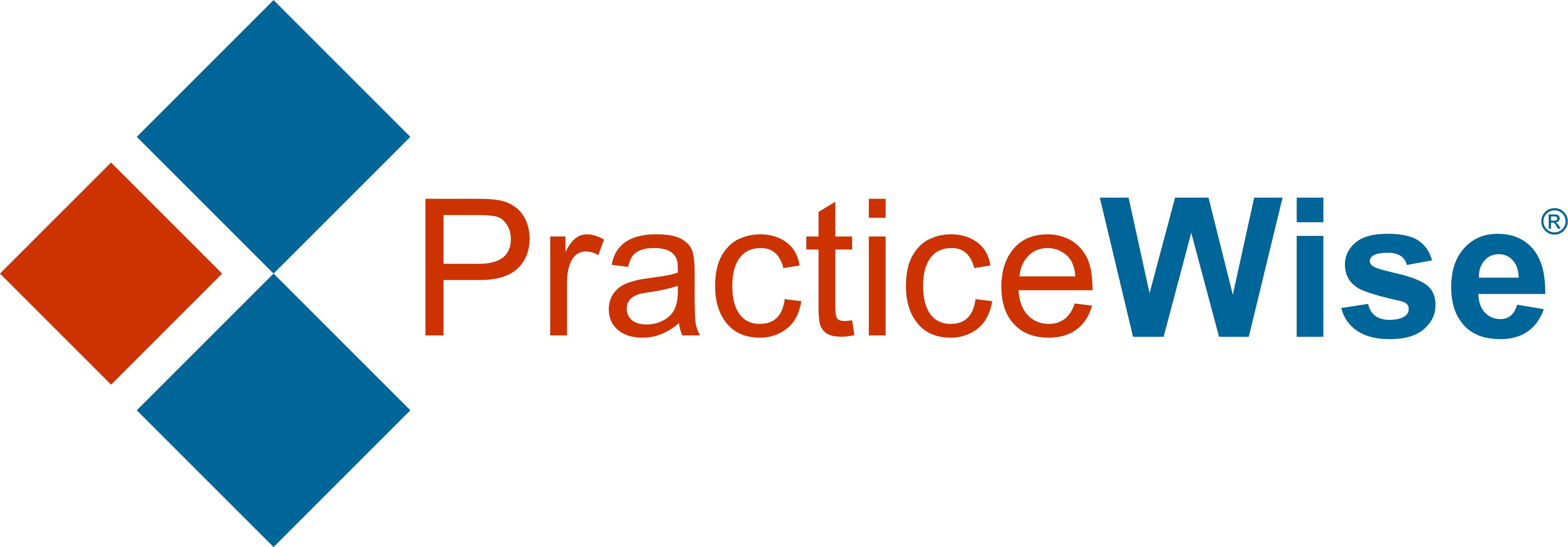It can be exceedingly frustrating when you are trying to help a child reach their full mental health potential if you can not readily get the support and interventions you need to accomplish your goal. Making evidence-based interventions available on a wide scale has been the goal of several companies that offer such materials as described in a recent article by Crane et al. In this blog, we will take a closer look at what is being done to make this happen. If you are a provider desiring better access to such interventions, then this article is for you.
Evidence-based interventions are essential to the world of mental and behavioral health. These interventions make it possible for practitioners to help their clients, often youth, achieve their mental, emotional, and behavioral goals. It is the goal of several organizations to make EBIs available on a wide scale so that more youth can receive the help they need to truly become their best selves and develop into well-rounded adults. Through the five stages of small business growth, these organizations are having a global impact on mental and behavioral health.
Implementation science, defined in an article by Eccles and Mittman as “the scientific study of methods to promote the systematic uptake of research findings and other evidence-based practices into routine practice”, is a newer area within the field of mental health. Because of this, it needs more attention in order for it to have the impact of which it is capable. PracticeWise, Beck Institute for Cognitive Behavior Therapy, The Incredible Years, Inc., Triple P International Pty. Ltd. (Positive Parenting Program), and Paxis Institute are all organizations working to bring much-needed attention to implementation science and expand access to evidence-based interventions in mental health.
Why Are Such Organizations Needed?
Many individuals, including children, who face mental health and behavioral issues are not receiving the evidence-based interventions which they so desperately need. The key is in the very term evidence-based. These interventions are needed because they have proven their effectiveness. Making these interventions available on a wide scale is the goal of such organizations as PracticeWise. These organizations want to help make these interventions available to as many practitioners as possible while still maintaining their effectiveness and keeping them affordable so that they can be used on a wide scale across a vast array of locations, socioeconomic diversities, and varying age groups. These organizations are needed because there are far too many people not receiving the mental, emotional, and behavioral support and intervention that they need.
What Evidence-Based Interventions is PracticeWise Scaling?
PracticeWise offers a list of evidence based interventions including:
- Modular Approach to Treatment of Children with Anxiety, Depression, or Conduct Problems (MATCH)
- Managing and Adapting Practice (MAP)
- PracticeWise Evidence-Based Services (PWEBS)
In addition, PracticeWise partnered with the Partnership to End Addiction in development of the Core Elements of Family Therapy. Each of the five organizations mentioned above has its own specific evidence-based interventions, but all share the goal of providing needed mental health and behavioral interventions to practitioners to successfully treat their clients.
How Are These Organizations Scaling Evidence-Based Interventions?
These are not small-scale organizations that aren’t making a dent in the industry. Rather, they are considered intermediary and purveyor organizations (IPOs) with a far reach. Their operating budgets are in the top quartile of IPOs and the number of clinicians trained is in the top 10% of IPOs. Additionally, a 2019 study estimated the annual revenue across eleven nonprofit IPOs at almost two billion dollars. This suggests that IPOs play a significant role in the implementation industry. All five of these organizations operate internationally and have trained providers in over 120 countries, proving that they already have a far reach, but they still want their EBIs to reach more practitioners.
The Five Stages of Growth Necessary to Scale
The above statistics, along with The Five Stages of Small-Business Growth written by Churchill and Lewis, are all explored in an outstanding, collaborative article posted by Bio Med Central (BMC), highlighting these organizations, entitled, “The role of implementation organization in scaling evidence-based psychosocial interventions.” Let’s take a brief look at the five stages they mentioned.
- Existence stage – All five organizations mentioned have at least one program developer who was also involved in establishing the organization. While some organizations have chosen to merge, others remain as they started, except that they have grown significantly.
- Survival stage – During this stage, the organizations had to focus on revenue and expenses. While these organizations were formed with the intent of helping people, that cannot be done without money. The organizations had to remain solvent to succeed in disseminating their EBIs.
- Success stage – Marketing became important at this stage to build awareness of the evidence-based interventions that each organization was offering. Credentialing and accreditation can lend to the success of organizations in the mental and behavioral health fields.
- Take-off stage – During this stage, the organizations needed to focus on trainings to increase the number of providers trained in their EBIs.
- Maturity stage – During this stage, it is imperative for organizations to stay at the top of their game. They must ensure that their EBIs are effective, producing the desired results. They need to continue with research and development to offer the best EBIs available for practitioners to effectively help their clients.
Summary
PracticeWise is committed to scaling our evidence-based interventions to reach more practitioners who can, in turn, reach more clients in need. We have progressed through the various stages of growth and continue to add to our database and services, providing our users with an ever-increasing wealth of research and resources. We offer distance learning courses which provide professional development for mental health providers and others serving youth and families. We know there are more providers in the world who will benefit from our EBIs, and that keeps us striving forward to scale them as much as possible while retaining their efficacy.







